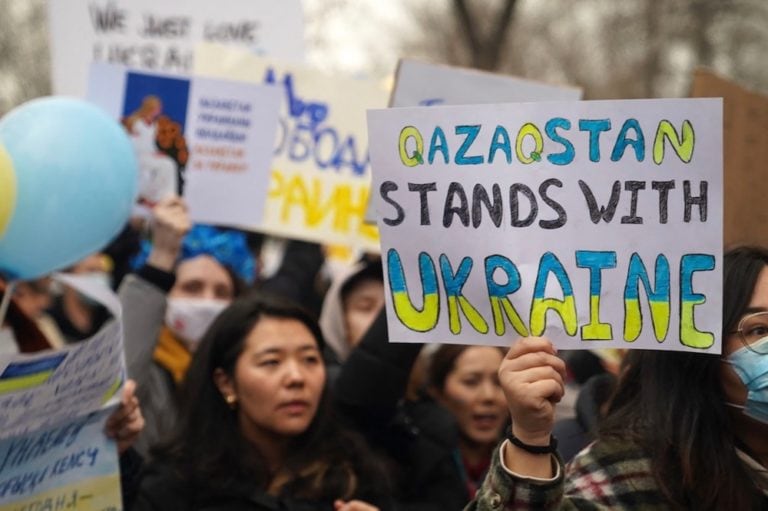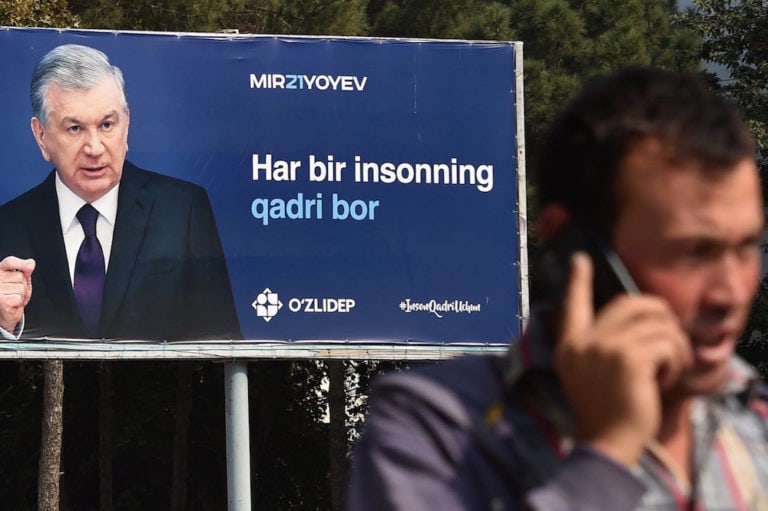(CPJ/IFEX) – The following is a 20 June 2005 CPJ press release: UZBEKISTAN: Correspondent detained, passport seized New York, June 20, 2005 – The Committee to Protect Journalists condemns the continued harassment of Tulkin Karayev, a correspondent for the London-based Institute for War and Peace Reporting (IWPR). Police in the southern Uzbek city of Karshi […]
(CPJ/IFEX) – The following is a 20 June 2005 CPJ press release:
UZBEKISTAN: Correspondent detained, passport seized
New York, June 20, 2005 – The Committee to Protect Journalists condemns the continued harassment of Tulkin Karayev, a correspondent for the London-based Institute for War and Peace Reporting (IWPR). Police in the southern Uzbek city of Karshi stopped Karayev last Thursday as he was trying to travel to the capital, Tashkent, to seek medical treatment, Karayev told CPJ in a telephone interview today. The detention came just two days after Karayev was released from prison after serving 10 days on a specious charge of “hooliganism.”
Two police officers detained Karayev and human rights activist Akmal Akhmedov at around 8 a.m. on June 16, took them to the local Interior Ministry office, and held them for five hours without charges or explanation. Police told Karayev and Akhmedov they were executing “orders from above,” before seizing their passports and releasing them, Karayev told CPJ.
Karayev was going to Tashkent to seek medical treatment after his health deteriorated during a hunger strike to protest his prison sentence. Karayev, who is based in Karshi, is unable to travel without his passport. Uzbek authorities at checkpoints throughout the country require a passport for citizens traveling internally.
“Before releasing us, police told us they were going to return our passports by the end of the day [on June 16],” Karayev told CPJ. “Yet we haven’t received them to this day.”
“We are deeply disturbed by the ongoing harassment of our colleague, Tulkin Karayev, and call on Uzbek authorities to return his passport immediately and allow him to work as a journalist without fear of reprisal,” CPJ Executive Director Ann Cooper said.
Karayev told CPJ that security agents have monitored his activities since March, questioning relatives and friends about his actions. People he believes to be agents have been following him as well, Karayev said. Surat Ikramov, head of the Independent Group for Human Rights Defenders, a Tashkent-based human rights organization, told CPJ that he fears for Karayev’s safety.
“Before releasing me from prison on June 14, police tried to convince me to stop working as a journalist,” Karayev told CPJ. “They suggested that I become a farmer instead, and even offered to get me a farm,” he said.


